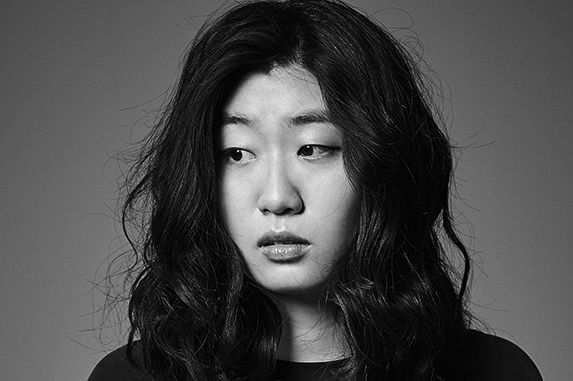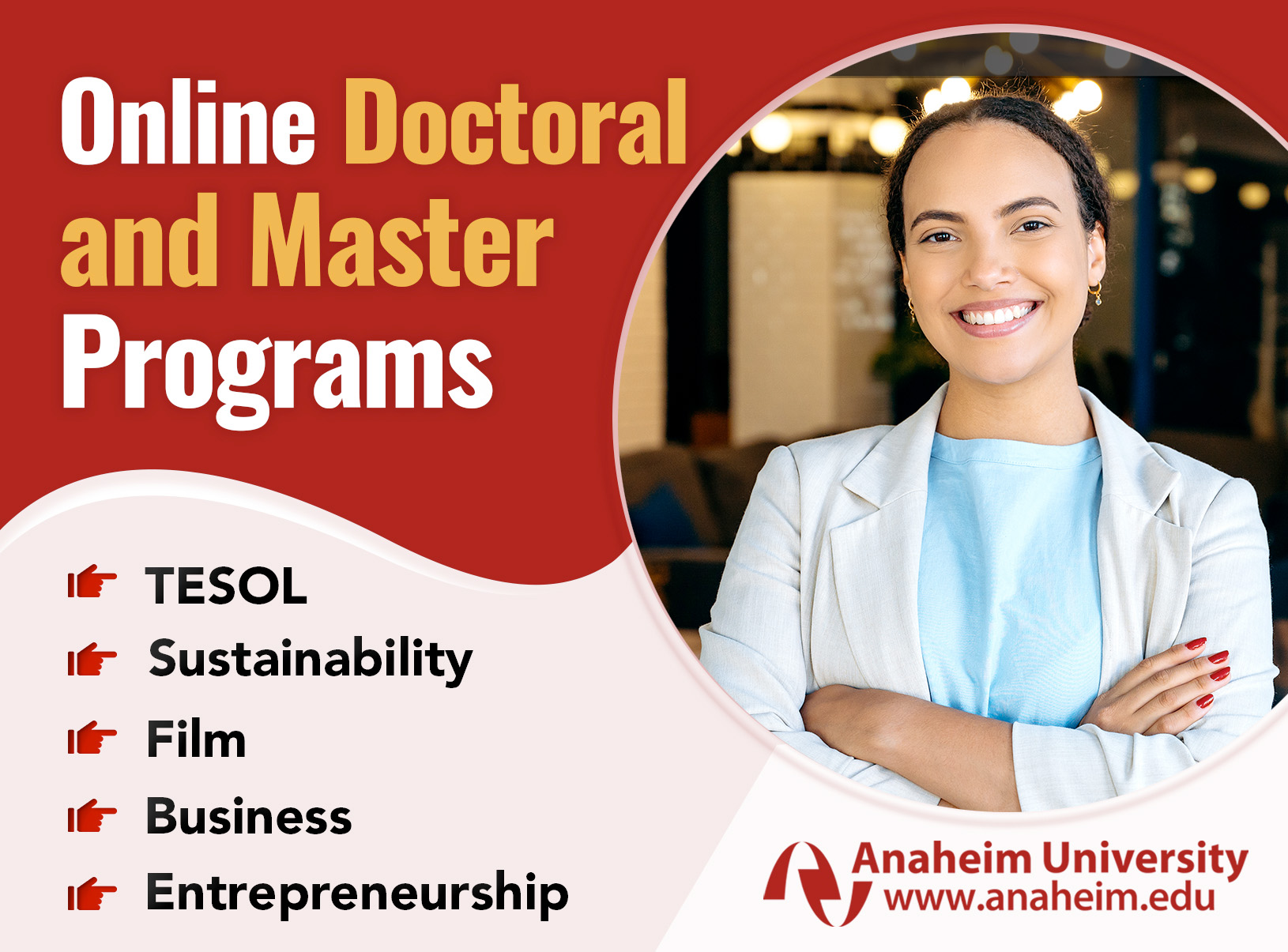The Youngest Korean Author to Have Her Novels Translated to Japanese
Serang Chung debuted as a writer in 2010 at the age of 26, with her fictional short story “Dream, Dream, Dream” which was published in the journal “Fantastic” and Naver’s “Today’s Literature.” Just four years later in 2014, she received the Changbi Prize for “As Close as This.” She has written stories of multiple genres including romance, sci-fi and horror. Having a strong interest in Japanese literature herself, her novels have not only been translated into Japanese, but she is also the youngest Korean author to have had her books translated into Japanese. Serang Chung shared some of her insights into the literary world with Seoul Journal Executive Editor Anthony Al-Jamie.
SJ: What made you want to become a writer?
CHUNG : When I was a university student, I worked for an advertising company as an intern. I conducted market research, wrote copy, and made brochures and billboards. I put so much effort into it, but everything I worked on only lasted for one season. I realized that I wanted to write something that could last more than a season, more than a decade. After graduation, I became the editor of a literature magazine. Reading all those pieces by young, contemporary writers was great inspiration, so I began writing my own short stories.
SJ: How do you deal with writer’s block?
CHUNG: I have a sewing machine. Actually, two sewing machines. I make some ugly things and let my fingers stimulate my brain. A creepy, black crow doll is my best work with a sewing machine.
SJ: Who are some authors you are inspired by?
CHUNG: Ray Bradbury, Walter Moers, Murakami Haruki, John Scalzi, Donna Tartt, Eun Hee-Kyung, Onda Riku. . . I could go on forever. My generation was very fortunate; we could pick up and read any writer’s book from anywhere in the world.
SJ: SJ: In Under, Thunder, Tender the protagonist works in the film industry. Would you ever consider working in that industry?
CHUNG: I love movies, but I tend to work alone. I don’t think I could bear the idea of my work belonging to so many other people and dependant on someone else’s money. Writing a novel is simple and I can have full control. It’s the best way for me.
SJ: You’ve mentioned in the past that you based the protagonist’s experience in the film industry on your friends’ experiences. Do you often get inspired by your friends’ lives?
CHUNG: They are everything I write about. Their jobs, lovers, families, feelings, thoughts, and jokes. If someone wants to be a writer, he or she has to keep his or her old friends close. Friends can widen a writer’s world and provide real life experience. .
SJ: What about your own life? Do you find yourself writing stories that are based on your own experiences?
CHUNG: I think writers themselves are not that interesting. With a writer’s own experience, one can only write a book or two. If you want to write more than a few books, you have to be an observer, a listener, and an interviewer. Sometimes, hints of my experiences get blended into my stories, but in most cases it’s about others. Writers are like filter paper, not beans or tea leaves, I guess.
SJ: You’ve written stories in multiple genres. What is your favorite genre to write?
CHUNG: I really love historical fantasy. Since I majored in history, I find it very interesting when I write like a historian and make up fake historical fantasy. People often ask me questions like, “Is that book you mentioned in your story real?” I’m trying to make it look like the real thing.
SJ: What is your favorite genre to read?
CHUNG: I love mysteries written by female writers. Have you read any books by Josephine Tey? She is my recent favorite.
SJ: I heard that you like Japanese literature. Are there any Japanese writers that you would like to collaborate with?
CHUNG: I met Asai Ryo twice, and I really admire him. I’m a big fan of Morimi Tomihiko and Wataya Risa, too. I hope I have more chances to meet them and do something together.
SJ: I heard that you are currently working on a story with 50 protagonists. Can you tell us a bit about that?
CHUNG: Sometimes, I feel like a piece of a puzzle with a vague sky color, that can’t be easily figured out. Most people are not heroes or heroines of their own lives. The story is about 50 people who do not seem very important or unique, but turn out to be very essential to their community. They are all connected to each other through a fictional university hospital.
SJ: SJ: Do you have any other recent projects?
CHUNG: In October 2015, my new book was published. It’s about a ghost-fighting high school nurse. It is a cheerful book.
SJ: What has been your proudest achievement?
CHUNG:I have very loyal readers — not many, but loyal and warm, and more caring than usual. I feel the connection with them when I’m writing. Recently, I have a few Japanese readers, too. I went to Tokyo and met them in person and they were so kind. They gave me a huge — I mean HUGE — flower bouquet and it was sweeter than any prize.
SJ: Many young writers choose not to pursue writing as a career because they think it is a lonely job with unstable income. Is this stereotype true? If so, what would you say to these young people to encourage them to write?
CHUNG: If you have a thirst that can only be satisfied with literature, you don’t have a choice. Yes, a writing career is not easy to pursue. But it’s quite a fulfilling job at the same time. We touch the readers’ very core and leave invisible fingerprints. There are magical moments that only writers can have. You should be worried about your income and the never-ending slump of the publishing industry. But despite that, it’s worth a try. Find a second job — you don’t have to write the whole day. Write after work. Write something short and watch where it goes.
SJ:Do you have any advice for aspiring writers?
CHUNG: In my experience, writing a page takes reading a hundred pages. It’s like extracting a drop of perfume out of petals. A hundred becomes just one. So if the piece you are working on meets trouble, it’s usually not about writing. It’s about reading. Read more. Read things other than literature. The answer can be anywhere — in a science book, in a history book, in an art book, even in a cookbook.












